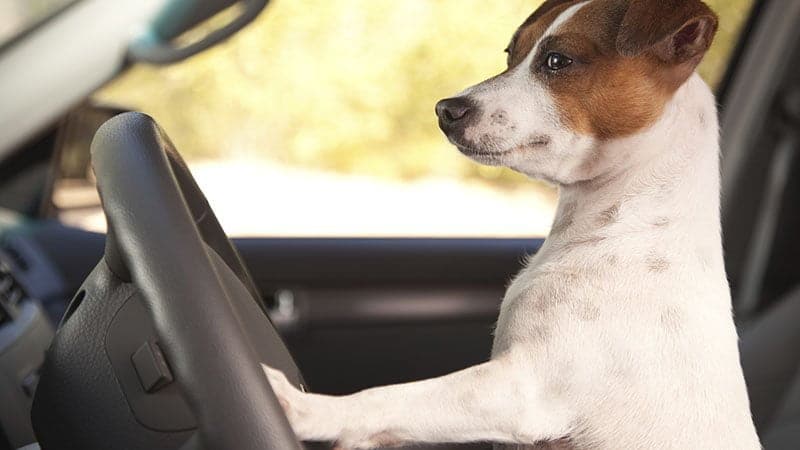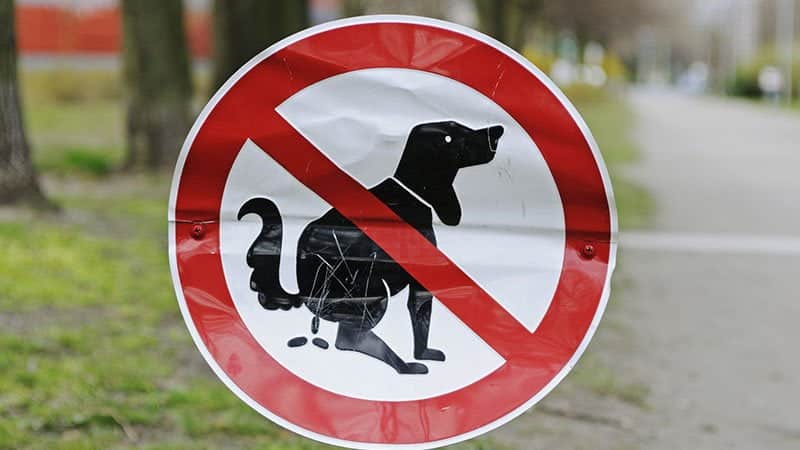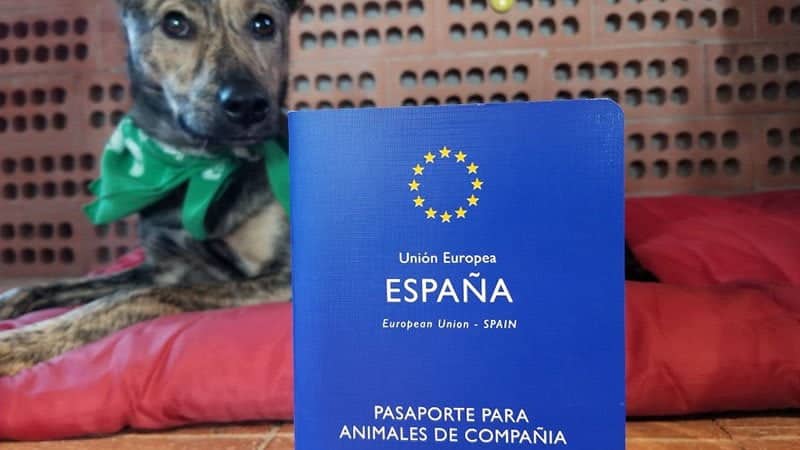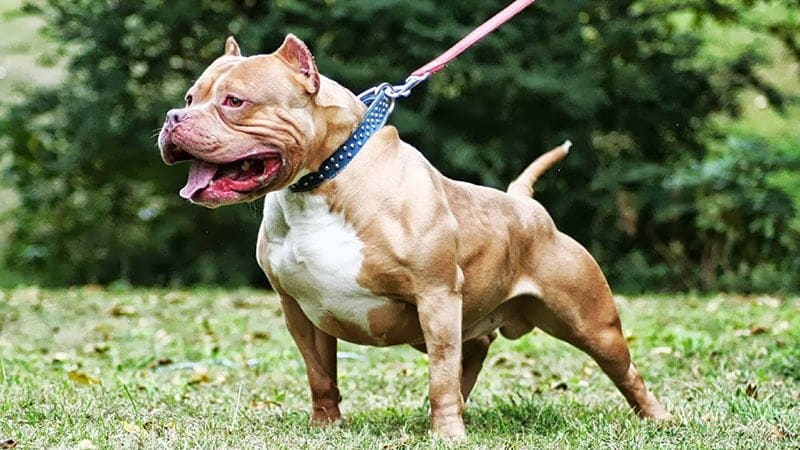Bringing pets to Spain
Bringing pets to Spain – A guide for pet owners
It is not surprising that more and more people nowadays bring their beloved pets on holiday to Spain. People often forget to take into account certain national laws and regulations that can be different in Spain compared to other EU countries. In Andalusia it is in principle mandatory by law that the pets are registered and signed up in the town hall. You can get a serious fine if it is discovered that your domestic pet is not registered properly.
Spain is still a moderately dog friendly country. It is evident from the number of abandoned dogs and cats every year – more than 130,000, which is the highest number in Europe. Fortunately, a new legislation has introduced heavy fines up to 30.000 euros for doing so.
However, it can be said that there is a positive trend and that the Spanish people are taking a better care of animals. A clear indication is that there is a great number of pet shops and veterinary clinics that can be found in Spain.

Accommodations and restaurants
There are also more and more holiday homes and hotels where you can stay with your pet. In general it is not allowed to enter a restaurant with a dog, but there are plenty of restaurants that have no problem with that at all. However, sitting on a terrace with a dog normally is not a problem, but, of course, there are exceptions too.

Beaches
The general rule is that dogs are not allowed on public beaches. But during the winter season between October and March this restriction is not in force. However there are special dog beaches along the coast where your pet is more than welcome. The number of these dog friendly beaches in Spain increased enormously in the past few years. In the mountains and numerous natural parks it is allowed to take your dog for a walk unless there are explicit prohibition signs that it is not allowed. Don’t forget that your dog should always be on the leash in public places.
In the car
There are also specific rules for animal’s transportation. While in the car, your dog should be either at the back seat with a special dog harness or behind a rack in the trunk. for smaller dogs and cats it is recommended to use special boxes or bags. No animals can be left in the car in the heat or in the sun for too long. The police has the authority to act accordingly in case there is a danger for your pet’s life and health in this situation.
Identification
It is obligatory for any domestic pet to have an EU pet passport. In addition, dogs should be chipped.
Healthcare and vaccination for pets
The vaccination against rabies is a mandatory procedure for Spain. Your pet must be vaccinated at least 21 days before departure. This vaccination is valid for 1 year only in Andalusia, compared to other regions of Spain and other countries.


Please note that the minimum age for rabies vaccination is set at 12 weeks. Hence, puppies younger than 3 months old cannot access Spain. It is recommended to vaccinate your pet against a specific kind of mosquitos in the summer time. Other vaccinations are falling under the general EU regulations.
From March to October it is necessary to pay extra attention for ticks and mosquitos that can transmit infectious diseases. Check your pet after each walk in the nature!
Make sure you provide your pet with sufficient amount of water during the hot summer months, especially if you plan to take long walks. There is a risk of severe overheating. You should also be alert to snakes, however the chance is rather small that you or your pet will encounter one. Mountain hikers should keep a close eye on their dog’s paws. Their cushions suffer a lot from rocky paths and gravel roads.
Potentially dangerous dog breeds
There is a list of High Risk Dogs or “perros potencialmente peligrosas” (PPP) in Spain which you definitely need to take into account if you have a dog. According to the national Spanish law several dog breeds are considered to be dangerous and therefore there are specific set of rules applied to these dogs and their owners. The list of these breeds include: Pitbulls, Rottweilers, American Staffordshire terriers, Akita Inus, Dobermans and many more. You can consult it on the official website of Junta de Andalucía. Even if your dog is not officially one of the listed breeds but has certain characteristics, it still might fall under the PPP regulation.

Veterinary clinics
There are plenty of reliable veterinary clinics in Spain. All of them offer general services such as vaccination, deworming, check-ups, etc. Some of them are specialized in surgeries, radiology and other medical fields. It is important to register your pet in the veterinary clinic before going to the town hall.
Marbella way of Living
Gastronomy | Sport | Healthcare | Pets | Family Activities | Finance | Recreational Activities





